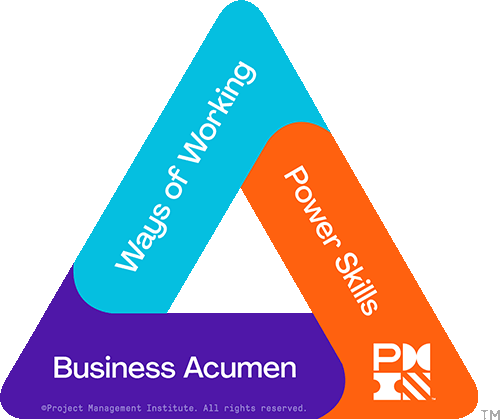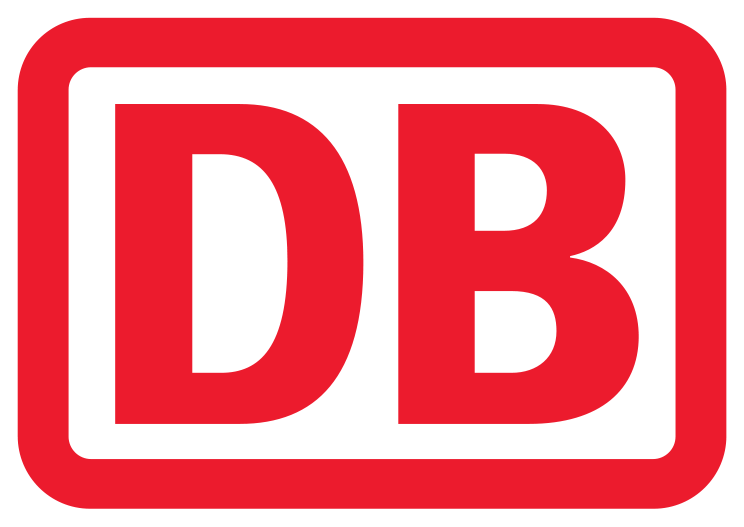Scrum Product Owner - Advanced (PSPO II)
Certification preparation and consolidation for advanced students
Contents
Basics
- Refresher at the start: Scrum and the PO role.
- The meaning of Evidence-Based Management™ and metrics.
- Experimental product development according to Lean Startup.
Always important: communication!
- The innovative capacity of an organization.
- Communicating agile project management convincingly even in "classic" organizations.
- Effective collaboration with the Scrum team.
Corporate strategy and portfolio management
- Making smart strategic decisions - agile, with foresight and the right data!
- A hit! The right product at the right time.
Vision and goal setting
- Have suitable techniques at hand for finding a vision.
- Am I right? Target group, needs and added value.
- Finding the right product strategy.
- Create and formulate product goals.
- The consistent alignment of the product backlog with the vision.
Iterative planning
- Product vision and goal, roadmap, epics, user stories - the whole spectrum of iterative planning.
- Time-saving, flexible and yet precise: documenting customer requirements.
Communicate requirements to the project or product team
- Create the big picture of product requirements quickly and clearly.
- The product roadmap as the backbone of your planning: MVP - and what comes next?
- Procedures for precise requirements communication: user stories and use case 2.0 - take the next step.
Preparation for certification as a Professional Scrum Product Owner (PSPO II)* according to Scrum.org
- What you need to know.
- How the exam works.
- With what preparation you will pass.
Learning environment
Your benefit
After completing this training, you can
- efficiently and effectively communicate the success of your work to the organization,
- set the right product impulses at the strategically right time,
- plan your product efficiently and soundly from the vision to the story,
- communicate your ideas to the project or product team in a targeted manner,
- measure the success of your work - and always draw the right conclusions.
- You know which content is relevant for the PSPO II* certification exam and how to prepare yourself optimally.
After attending this seminar, you will receive a confirmation of 13.00 PDUs.
You take the exam individually after the training. The seminar language is German, the exam (duration: 60 minutes) is in English.
The examination fee is already included in the seminar price.
* The Professional Scrum Product Owner II assessment is fully owned and maintained by Scrum.org.
Methods
Trainer input, case studies and best practices, exercises, discussion, exchange of experience, work aids, checklists. You will (ideally) work on your own practical cases throughout the training.
Recommended for
product managers, project managers, executives and department heads, business analysts, release managers, product owners.
Prerequisite for participation:
To participate, you need a deeper understanding of Scrum or agile working. Quote from the scrum.org website: "The Professional Scrum Product Owner™ level II (PSPO II) assessment is available to anyone who wishes to validate their advanced knowledge of Professional Scrum Product Ownership. "
The entry-level PSPO I qualification is suitable for completely inexperienced or prospective product owners.
Further recommendations for "Scrum Product Owner - Advanced (PSPO II)"
Scrum.org processes data under its own responsibility as part of the certification examination. Please read the privacy policy and the Terms and conditions of Scrum.org.
34003
32538
Start dates and details
Thursday, 05.03.2026
09:00 am - 5:00 pm
Friday, 06.03.2026
09:00 am - 5:00 pm
- one joint lunch per full seminar day,
- Catering during breaks and
- extensive working documents.
Thursday, 07.05.2026
09:00 am - 5:00 pm
Friday, 08.05.2026
09:00 am - 5:00 pm
- one joint lunch per full seminar day,
- Catering during breaks and
- extensive working documents.

Monday, 15.06.2026
09:00 am - 5:00 pm
Tuesday, 16.06.2026
09:00 am - 5:00 pm
Thursday, 03.09.2026
09:00 am - 5:00 pm
Friday, 04.09.2026
09:00 am - 5:00 pm
- one joint lunch per full seminar day,
- Catering during breaks and
- extensive working documents.
Tuesday, 01.12.2026
09:00 am - 5:00 pm
Wednesday, 02.12.2026
09:00 am - 5:00 pm
- one joint lunch per full seminar day,
- Catering during breaks and
- extensive working documents.

Thursday, 04.03.2027
09:00 am - 5:00 pm
Friday, 05.03.2027
09:00 am - 5:00 pm
- one joint lunch per full seminar day,
- Catering during breaks and
- extensive working documents.
 4.5
4.5











